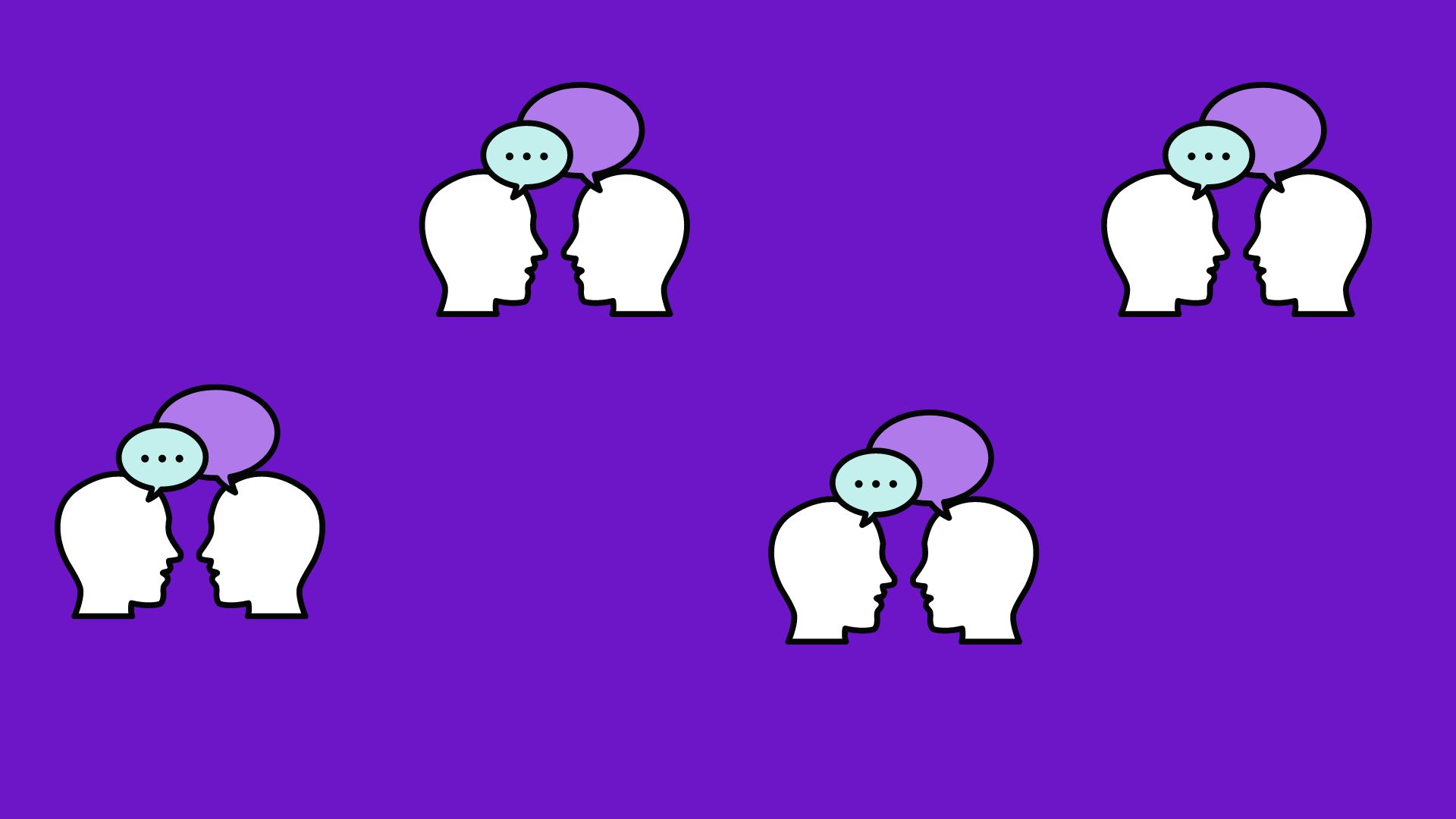One of the biggest questions we receive is about what structure customer feedback should be in. In this post, we’ll compare and contrast focus groups and surveys. Whether you run a brick and mortar bakery or have an online auction house, customer feedback is invaluable. It can confirm that the direction your company is going in will be profitable long-term or help indicate that a perspective shift may be necessary. Regardless of niche, customer feedback is absolutely worth its weight in gold.
There are a few ways to collect feedback. Two of the most popular ways are online survey and focus groups. Surveys and focus groups are both effective ways to solicit feedback from your customers, but each has its place. Here are a few ways to decide whether you should be running a focus group or a survey to listen to your customers.

What is a Focus Group?
A focus group is a form of qualitative research, which means it’s an exploratory rather than conclusive type of market research to better understand a target audience’s motivations, preferences, and sentiments. Focus group helps you understand not only what your customers think, but also how and why they think that way.
Focus groups typically consist of interactive group forums held in a neutral facility where your collaborators can feel comfortable giving honest feedback. These are facilitated by a trained moderator who is able to best keep the group energetic and engaged. Great moderators will be able to switch focal points on the fly and can be receptive to non-verbal cues that may garner greater insight into a consumer’s reaction to your brand.
What is a Survey?
Surveys are classified as quantitative analysis. They allow you to gain numerical data on just about anything and a typical survey group is much, much larger than a focus group. Survey answers can be in the form of scales, multiple choice, true and false or even emotionally-charged words like “enjoy” or “avoid”.
Focus Groups vs. Surveys
The best way of deciding which method to use is to write out the questions about your brand you wish to be answered. Would those questions be better suited to be answered directly or do they lend themselves to an extensive conversation?
Generally, if you want to have a conversation with your target market that will help provide direction, pursue a focus group. If, however, you have specific questions and wish to reach a large group or multiple groups of customers, a survey would best suit your needs. Combining the two methodologies might be the best option; the focus group can provide inspiration for an avenue to pursue and a survey can confirm your inspiration!
To learn more about online focus groups, “Seven Tips and Tricks for Online Focus Groups.“



